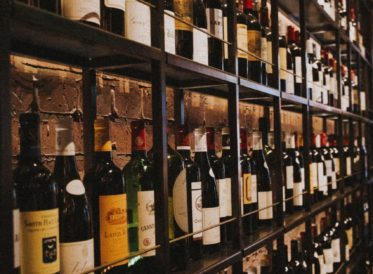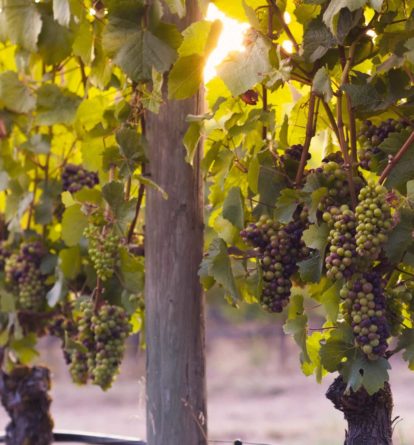Where to go from here?
Wine businesses need to rapidly understand what the most important sustainability issues are for their businesses and collect relevant data. This is the first step to understanding current impacts and developing strategies on how to future-proof their business models and drive positive change. These issues can vary from greenhouse gas footprints, to packaging, to human rights issues in the supply chain for larger and more complex wine businesses.
While it may seem an insurmountable challenge, providing additional information about your ingredients and sustainability commitments also presents a valuable opportunity. Offering this level of transparency gives you the chance to engage customers and partners with your brand, your ambitions, and your distinctive narrative. In turn, this helps foster consumer trust, brand loyalty and increased investor interest in your unique wine offering.
Preparing for the future of sustainable wine
At Sustainit, we’re your partners on the journey towards this future. We offer end-to-end capability across every step of this journey. We can help you:
- Understand what the most important sustainability topics are for your business, and therefore, what information you need to collect
- Develop strategies to collect that data
- Select the best tools and software solutions to manage that data, according to your business needs, capability and budget
- Interpret the information to determine your current impact and identify new pathways to improve your sustainability performance
- Tell your story to your stakeholders in a compelling way
Change is coming in the wine industry, and we’re here to help you navigate it. Mandatory labelling and reporting requirements brings both challenges and opportunities. As you embrace this transformation, we can provide the ingredients and knowledge to unlock the full potential of your sustainability journey.



